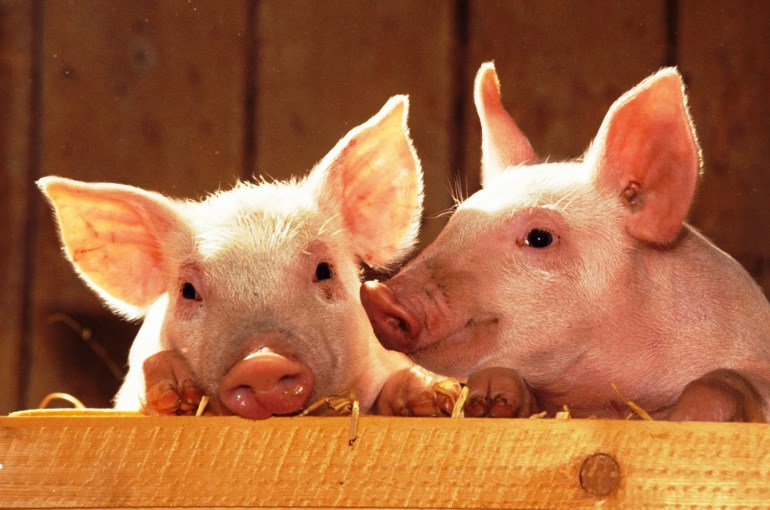Livestock and GAP

This post is also available in:
This post is also available in:
![]() Español (Spanish)
Español (Spanish) ![]() Français (French)
Français (French) ![]() Deutsch (German)
Deutsch (German) ![]() Nederlands (Dutch)
Nederlands (Dutch) ![]() हिन्दी (Hindi)
हिन्दी (Hindi) ![]() العربية (Arabic)
العربية (Arabic) ![]() Türkçe (Turkish)
Türkçe (Turkish) ![]() 简体中文 (Chinese (Simplified))
简体中文 (Chinese (Simplified)) ![]() Русский (Russian)
Русский (Russian) ![]() Italiano (Italian)
Italiano (Italian) ![]() Ελληνικά (Greek)
Ελληνικά (Greek) ![]() Português (Portuguese (Brazil))
Português (Portuguese (Brazil)) ![]() Indonesia (Indonesian)
Indonesia (Indonesian) ![]() 한국어 (Korean)
한국어 (Korean) ![]() polski (Polish)
polski (Polish)
If your farming activity involves livestock, some crucial things to have in mind are:
- Strictly follow the local regulations about the type of animal species you are allowed to raise, the specifications of the establishment (housing) and the hygiene standards.
- Strictly follow regulations about animal waste processing.
- Never use antibiotics, hormones or any kind of medicine without prescription and supervision by your local licensed scientist.
- You can milk animals either by hand or machine. In both cases, you have to be sure you meet all the hygiene rules. You should wash your hands and sterilize the machines before milking, to avoid infections.
- During the periods of antibiotics or hormones administration to animals, be very cautious with the products you collect (ask for advice from a local licensed scientist).
- Avoid transferring living animals for long distances.
- Safeguard animal dignity. You must provide fresh clean water at all times to your animals. You shall also provide the proper food type and quantity so that you prevent animals from starving.
For further explanation and detailed local specifications of GAP, please consult your Local Authority (for instance Ministry of Agriculture)
Good Agricultural Practices – Summary
Understanding the risks of contamination
Crop and Field Selection, Soil Preparation
Livestock and GAP









































































